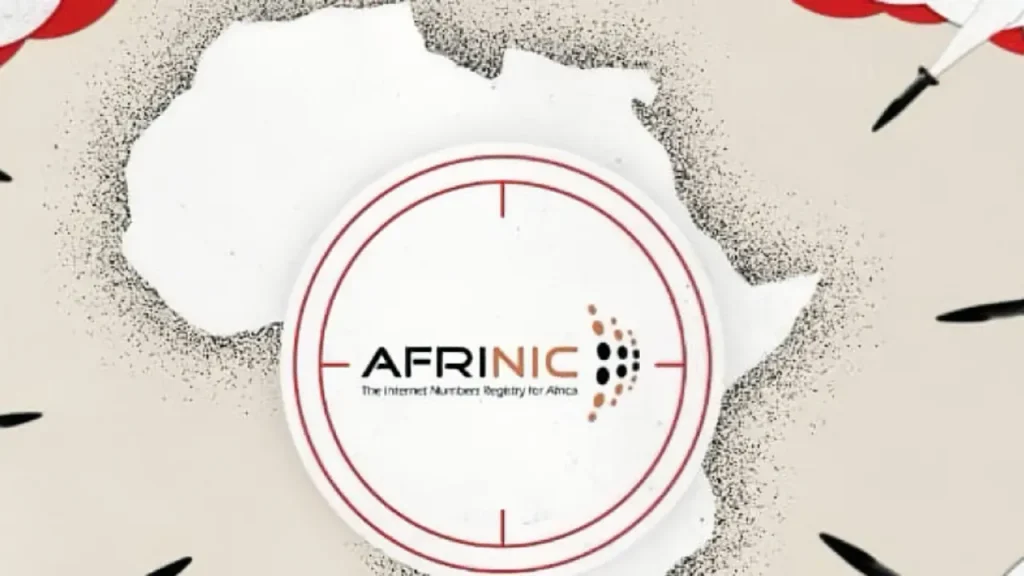- AFRINIC faces a petition for liquidation in Mauritius, filed by Cloud Innovation Ltd due to ongoing governance issues.
- A recent election was annulled by a court-appointed receiver, raising concerns about AFRINIC’s ability to hold legitimate elections.
- Cloud Innovation supports AFRINIC’s liquidation to transition responsibilities to a more stable governance framework, with ICANN warning of the potential withdrawal of recognition.
The future of the African Network Information Centre (AFRINIC) is at a crossroads as the organisation faces a petition for liquidation in Mauritius. Cloud Innovation Ltd has filed for the winding-up of AFRINIC, seeking the appointment of a liquidator to dissolve the organisation. This petition comes in the wake of ongoing legal disputes over AFRINIC’s governance, particularly regarding its ability to hold a legitimate election following years of leadership instability.
Also read: Who is Prabha Divanandum Chinien? The role of the Mauritius Registrar of Companies
Also read: AFRINIC is now a ‘declared company’ – what does that mean?
Governance deadlock and election impasse
The primary catalyst for the petition is the long-standing governance deadlock within AFRINIC. In June 2025, the organisation attempted to hold a board election after years of leadership vacuum, only to have it annulled by a court-appointed receiver due to a contested proxy vote. The annulment of the election over a single vote has raised concerns about the organisation’s ability to function effectively. As Cloud Innovation argues, the situation has created an unsustainable governance environment, with each election at risk of potential invalidation by similar disputes. This uncertainty undermines the credibility of AFRINIC’s election process and risks perpetuating a cycle of unresolved disputes.
Also read: EXPOSED: The letter that reveals who was really benefitting from AFRINIC’s lawsuits
ICANN’s concerns and international impact
The situation has attracted the attention of the Internet Corporation for Assigned Names and Numbers (ICANN), which officially recognises AFRINIC as the regional Internet registry for Africa. ICANN has voiced serious concerns over AFRINIC’s governance, warning that the election irregularities and lack of transparency could jeopardise its ability to manage IP address resources for the continent. In a public statement, ICANN indicated that if these issues were not addressed, it would be forced to withdraw its recognition of AFRINIC. Such a move would not only undermine AFRINIC’s authority but could also disrupt the stability of Africa’s internet infrastructure.
Also read: ICANN threatens to derecognize AFRINIC after years of silence
Cloud Innovation’s resolution: Support for liquidation
Cloud Innovation has been a long-time advocate for fair governance at AFRINIC and initially supported efforts to resolve the leadership crisis through elections. However, the annulment of the June 2025 election, combined with ICANN’s warnings, has led the company to reassess its position. Cloud Innovation now believes that the only viable solution is the formal liquidation of AFRINIC, which would involve dissolving the organisation and transitioning its responsibilities to a more stable governance framework. The company argues that continuing with AFRINIC in its current state, burdened by legal battles and internal strife, would further destabilise Africa’s internet infrastructure.
The path forward
As the Mauritian court prepares to hear the petition for AFRINIC’s liquidation, the decision could mark the beginning of a new chapter for Africa’s internet governance. While AFRINIC has played a historic role in managing Africa’s internet resources, its current governance issues have eroded confidence among stakeholders. Cloud Innovation’s call for AFRINIC’s liquidation is a step towards ending the prolonged instability, aiming to pave the way for a more accountable and transparent governance model that can better serve the needs of the African internet community. The outcome of the court case will ultimately determine the future direction of Africa’s regional internet infrastructure.

